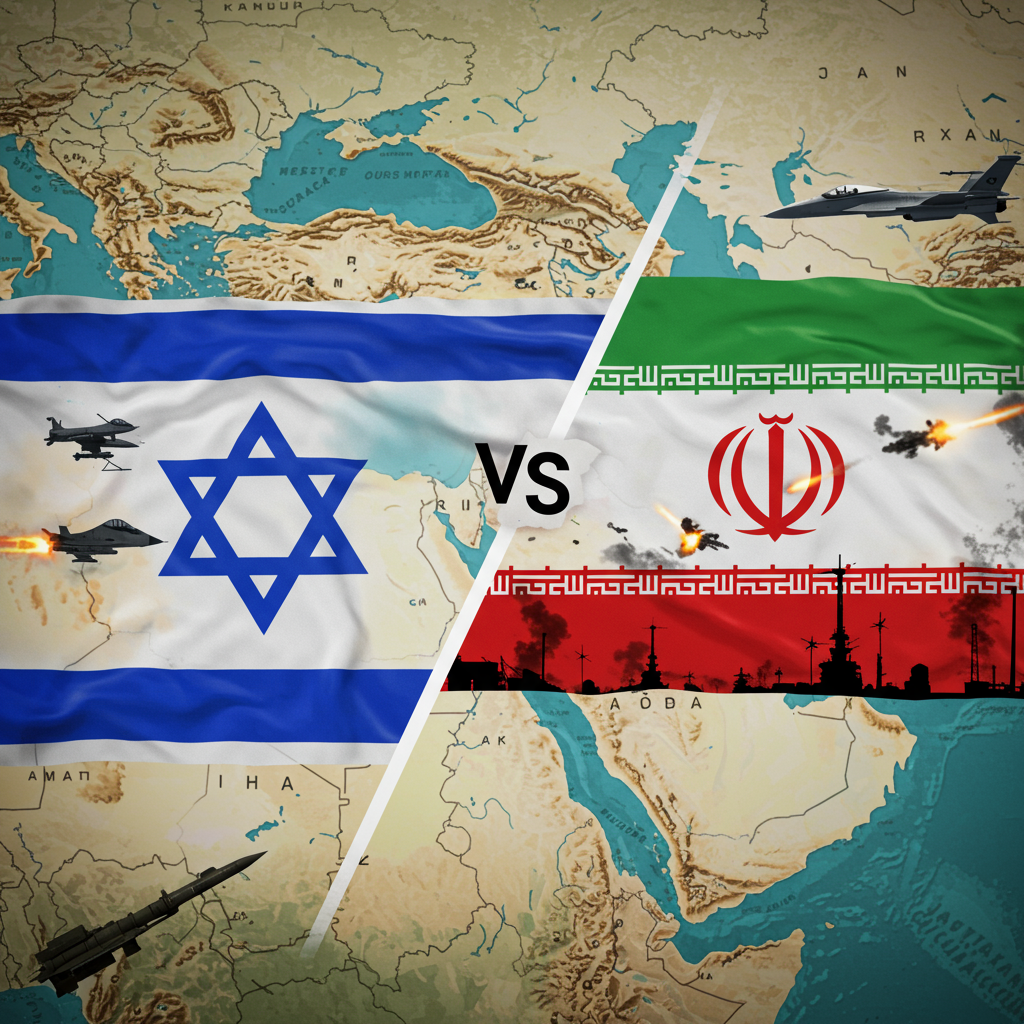Thousands gathered in Dharamshala, India, on July 6, 2025, to celebrate the 90th birthday of the 14th dalai Lama, Tenzin Gyatso. The spiritual leader of tibetan Buddhists marked the milestone surrounded by devout followers, monks, and global supporters in the north Indian hill town he has called home in exile for decades. This significant occasion was highlighted by cultural performances and heartfelt messages from dignitaries worldwide, but also underscored critical discussions about his future, particularly the complex and politically charged issue of his succession.
A Joyful Gathering in Dharamshala
Despite the rainy morning, the atmosphere in Dharamshala was filled with warmth and reverence. Thousands converged at a Buddhist temple complex to greet the Dalai Lama. Dressed in his familiar yellow and burgundy robes, he arrived to a chorus of smiles and applause. He walked slowly towards the stage, assisted by monks, waving and acknowledging the devoted crowd. The presence of such a large number of followers from various parts of the world underscored his enduring global influence.
Messages of Compassion and Longevity
Addressing the attendees, the Dalai Lama shared reflections centered on fundamental human values. “As far as I am concerned, I have a human life, and as humans, it is quite natural for us to love and help one another,” he stated. “I live my life in the service of other sentient beings.” This simple yet profound message resonated deeply with the gathered followers.
Earlier in the week of celebrations, the Dalai Lama had made headlines with remarkable statements about his health and future. He expressed a fervent hope to live well beyond 130 years, updating previous hopes of reaching 110. This declaration, shared during a long life ceremony, signaled his strong will and dedication to serving his people and faith for as long as possible.
The Critical Issue of Succession
One of the most politically sensitive aspects of the Dalai Lama’s advancing age is the process of finding his successor. Tibetan Buddhist tradition holds that the Dalai Lama is a reincarnation of his predecessor, and the current Dalai Lama has the unique ability to influence the discovery of his next incarnation. This centuries-old tradition is currently at the heart of a major dispute with the Chinese government.
During the preceding week of celebrations, the Dalai Lama explicitly addressed this vital matter. He reaffirmed his intention to reincarnate after his death as the leader of the faith. More significantly, he stated with absolute clarity that his non-profit institution, the Gaden Phodrang Trust, holds the sole authority to recognize his successor. This declaration was a direct and deliberate challenge to Beijing’s long-standing assertion of control.
Defiance Towards Beijing
The Chinese government considers the Dalai Lama a dangerous separatist, despite his advocacy for a peaceful “Middle Way” approach seeking genuine autonomy and religious freedom for Tibetans, not outright independence. Beijing insists that the succession of the Dalai Lama and other high-ranking Tibetan Buddhist lamas must be approved by the state. China has vowed to reject any successor not chosen under its authority.
The Dalai Lama’s unequivocal statement asserting the authority of his own trust is widely seen as a strategic move to prevent China from installing its own puppet leader. It aligns with his previous indications that his successor should ideally be born in the “free world,” outside of China’s control. This deeply religious process has become a major point of political leverage and conflict between the exiled Tibetan community and the Chinese state.
International Solidarity and Indian Diplomacy
The birthday celebration also served as a powerful display of international support for the Dalai Lama and the Tibetan cause. Video messages were played from prominent global figures, including three former United States presidents – Barack Obama, George W. Bush, and Bill Clinton – as well as Taiwan’s President William Lai Ching-te and leaders of Indian states bordering Tibet.
The United States has taken a clear stance on the succession issue. US Secretary of State Marco Rubio conveyed wishes, affirming the US commitment to promoting the human rights and fundamental freedoms of Tibetans. A State Department readout explicitly noted US support for Tibetans’ ability to freely choose religious leaders without interference, implicitly backing the Dalai Lama’s position against China. The US views this as part of its broader strategy to counter China’s influence.
India, which has provided refuge to the Dalai Lama and hundreds of thousands of Tibetans since he fled Tibet in 1959 following a failed uprising against Chinese rule, navigates a delicate diplomatic balance. Kiren Rijiju, India’s Parliamentary and Minority Affairs Minister and a practising Buddhist, was present on stage. Rijiju had previously contradicted China by backing the Dalai Lama’s stance on succession, although he later clarified his statement was in a personal capacity following warnings from Beijing. On Sunday, however, he referred to the Dalai Lama as India’s “most honoured guest,” stating, “We feel blessed for his presence here in our country.” Indian Prime Minister Narendra Modi also posted on X, wishing the Dalai Lama a happy birthday and calling him an “enduring symbol of love, compassion, patience and moral discipline,” joining “1.4 billion Indians” in the sentiment.
Cultural Tributes and Enduring Legacy
Throughout the morning, cultural performances added to the festive atmosphere, including contributions from Bollywood playback singers. Messages from global leaders were read aloud, underscoring the wide reach of the Dalai Lama’s influence. Despite his life in exile, the Nobel Peace Prize laureate remains one of the world’s most influential religious leaders, commanding respect and devotion far beyond the Buddhist faith.
His 90th birthday was not merely a personal milestone but a global affirmation of his spiritual leadership and a crucial moment for him to reiterate his plans for the future of Tibetan Buddhism. His strong stance on succession directly challenges the political aspirations of the Chinese government, ensuring that the future of this ancient tradition remains tied to its spiritual roots, guided by his chosen institution.
Frequently Asked Questions
What are the Dalai Lama’s recent statements about his succession?
In the week leading up to his 90th birthday on July 6, 2025, the Dalai Lama explicitly stated his intention to reincarnate after his death as the leader of Tibetan Buddhism. Crucially, he declared that his non-profit institution, the Gaden Phodrang Trust, holds the sole authority to recognize his successor. This statement directly challenges China’s assertion that his reincarnation must be approved by the Chinese government.
Why is Dharamshala, India significant to the Dalai Lama and Tibetan Buddhists?
Dharamshala, located in the north Indian hills, is significant because it has been the Dalai Lama’s home in exile since he fled Tibet in 1959 following a failed uprising against Chinese rule. It serves as the headquarters for the Central Tibetan Administration, the Tibetan government-in-exile. Thousands of Tibetan refugees also reside there, making it a major center for preserving Tibetan culture, religion, and political aspirations outside of Chinese control.
How does China view the Dalai Lama’s succession process?
China considers the Dalai Lama a separatist and views the succession process as a matter for state control, not religious authority. Beijing asserts that the reincarnation of the Dalai Lama must be approved by the Chinese government, following historical precedents they interpret as requiring imperial approval. This stance is a direct contradiction of the Dalai Lama’s position that the process is purely religious and guided by traditional practices and his chosen trust.
In conclusion, the Dalai Lama’s 90th birthday celebration in Dharamshala was a powerful blend of spiritual devotion, cultural expression, and political assertion. While marking a personal milestone, it served primarily as a platform for the exiled leader to reinforce his vision for the future of Tibetan Buddhism and his people, explicitly challenging China’s attempts to control the lineage of one of the world’s most revered spiritual figures. The event underscored the enduring global support he commands and the complex geopolitical dynamics surrounding the fate of Tibet and its religious heritage.


